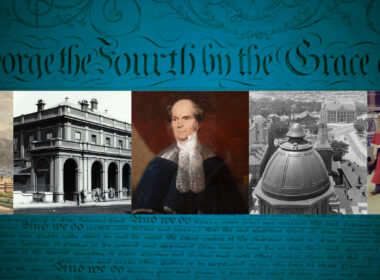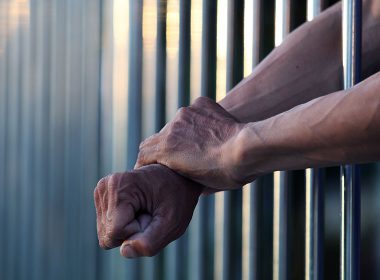A new law targeting those who boast about committing motor vehicle theft and break and enter offences on social media, is now in operation in NSW.
A 15-year-old boy allegedly involved in the theft of two luxury vehicles in Dural last month, became the first person to be charged under Section 154K of the Amendment of Crimes Act 1900.
The ‘performance crime’ or ‘post and boast’ law added up to two years additional prison time for offenders and followed a surge in motor vehicle theft, particularly in parts of regional NSW.
Queensland introduced its own post and boast laws last year.
But will the NSW laws achieve their stated aim of reducing crime?
James Clifford is the Managing Solicitor of Children’s Criminal Practice at the Aboriginal Legal Service.
He says it is in everyone’s interest for this conduct not to happen, which is why there should be more of a focus on what works.
“The amount of money that goes into a court appearance in matters like this, I think could be much better spent in a way that has been shown to be more effective to prevent it,” says Clifford.
He says what is really needed is to ask what is causing the offences to happen in the first place.
“[W]hat makes a young person feel so alienated or disengaged, that leads them to do things like this?
“[H]ow do we keep these kids in school? How do we keep these kids in a healthy home? How do we keep these kids connected to family, to culture? How do we make sure they’re not living in poverty?”
Clifford says these are the common factors in this sort of offending, not access to social media.
In NSW, performance crime is a separate offence whereas in Queensland, it is an aggravating factor.
Clifford says this positions NSW as an outlier among Australian jurisdictions.
“[T]he way that this offence is crafted is also quite novel and that… poses concerns for us in terms of how it will be enforced.”
Do people even know about the new law?
The ALS used social media to try to inform people about the post and boast law, as well as the bail reforms announced at the same time.
But James Clifford does not think many people would be aware of the changes.
“And this is the danger… in having a law-and-order response, introducing new laws, changing tests. Those aren’t things that many of the young people or adults involved in this offending are really thinking about before they commit these offences. There is no evidence it will have a deterrent effect,” he says.
At the time of the legislation’s passing, Attorney General Michael Daley said the behaviour was unacceptable and had to stop.
“People have a right to sleep safe in their beds… and should not have to face being retraumatised, ridiculed and shamed with images of the crime being made into a warped kind of ‘entertainment’,” he said.
The law will be the subject of a review after two years, but Clifford wonders what form this will take.
“Does success look like less offending of this kind? Does success look like more offending being charged? What is the status quo that success will be measured against and how?” he says.
“[I]t’s going to be difficult to… reach a conclusion either way. I suspect that we will end up with a new offence, without the supports that prevent offending in the first place.”




